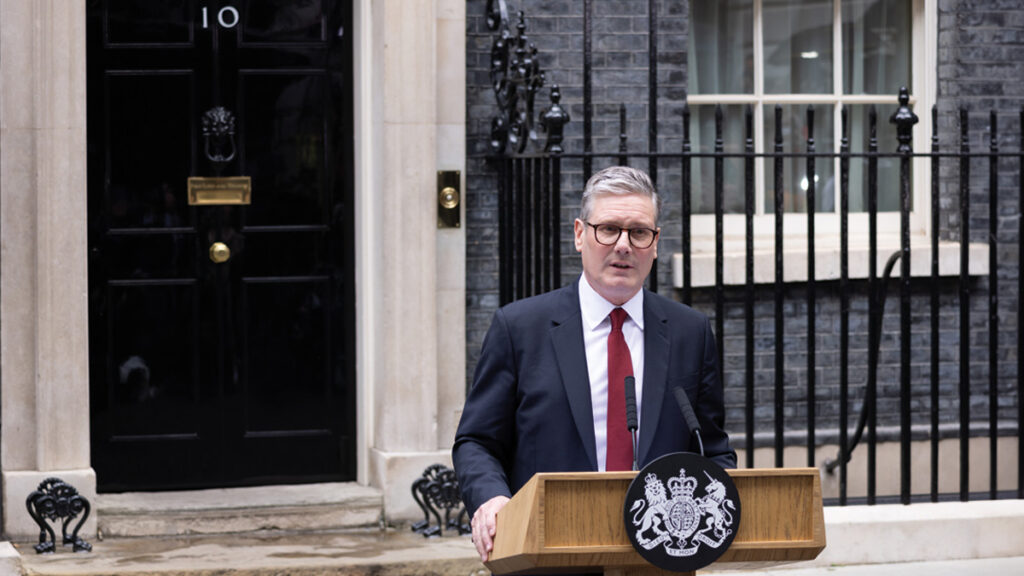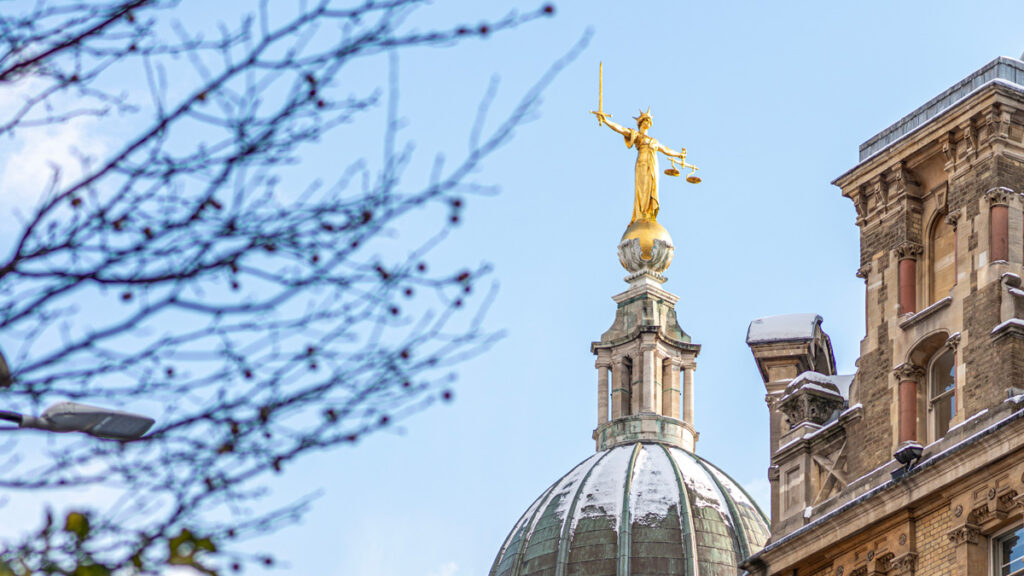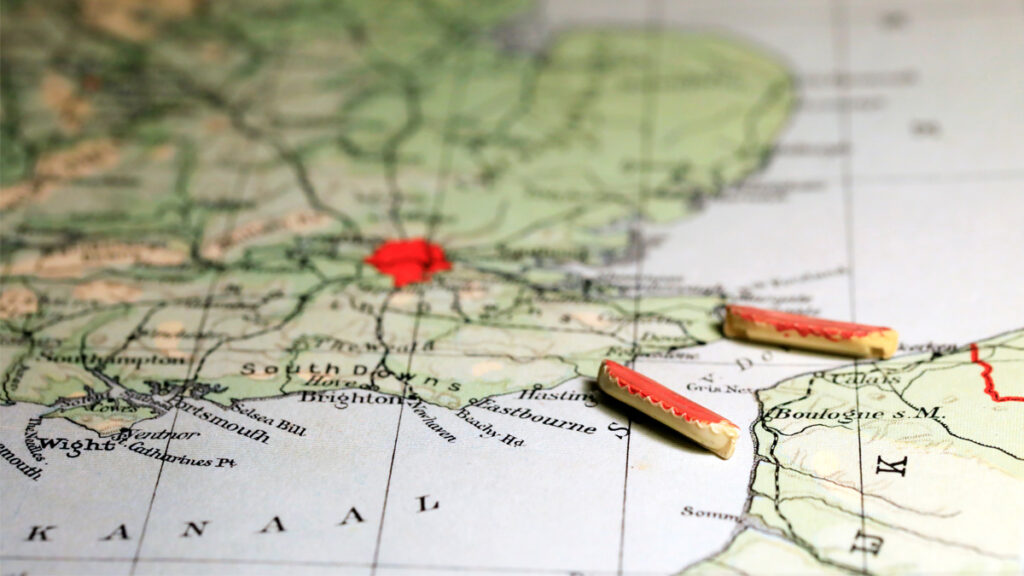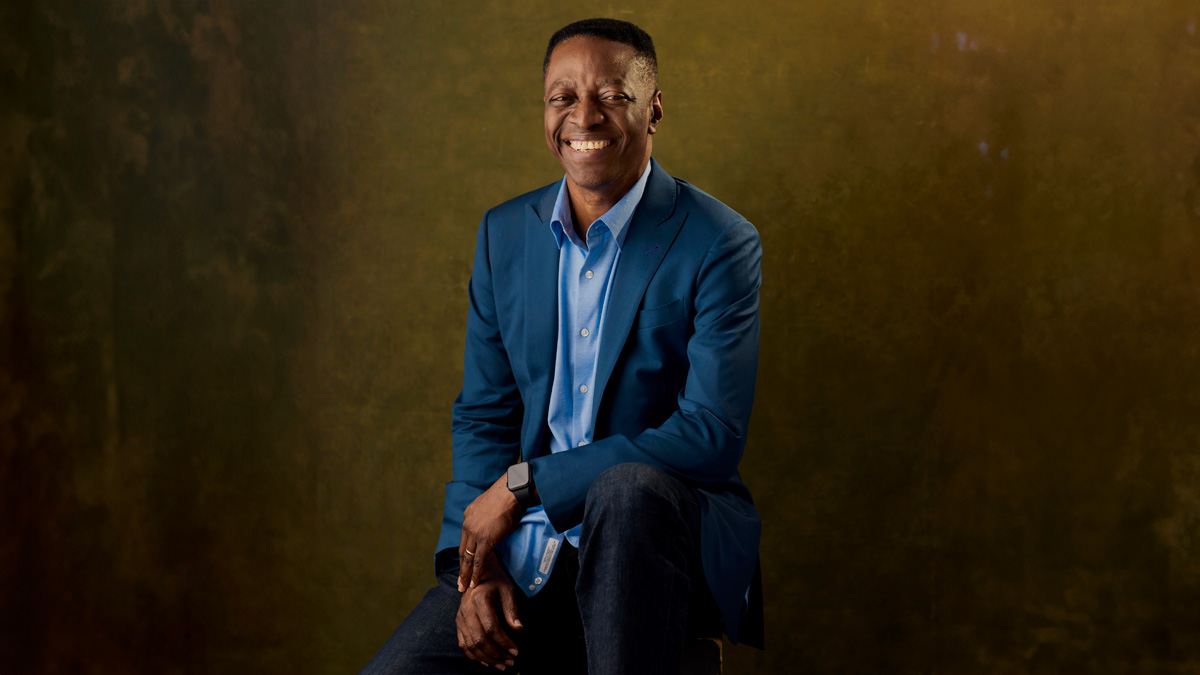The reality check: Starmer’s initial days in number 10
Steven Swinford breaks down the challenge ahead for the country's new prime minister
 (Image: Alison Jackson/Getty Images)
(Image: Alison Jackson/Getty Images)
When Sir Keir Starmer stood outside Number 10 on July 5, he promised to usher in a new era of politics that would “tread more lightly” on the lives of voters. The reality, however, is that the new prime minister finds himself facing a succession of crises that will require immediate intervention on almost every front.
The economy, chancellor Rachel Reeves says, is facing the “worst set of circumstances since the Second World War”. The NHS, the new health secretary Wes Streeting says, is fundamentally broken and in need of urgent surgery.
Prisons are full and officials have warned ministers they will have no choice but to let offenders out early. Hundreds of migrants continue to cross the English Channel amid warnings that record numbers could come to the UK in August.
On the international front, there is growing turbulence in both France and the US as two of the biggest players on the world stage grapple with their own political futures. Meanwhile, Russia continues to ratchet up pressure on Ukraine, while the Middle East poses a significant issue among Labour’s own voters, particularly in areas with larger Muslim populations.
All of this means Starmer’s honeymoon after winning such a momentous majority – the biggest since Tony Blair’s landslide victory in 1997 – is unlikely to last long.
Labour, of course, has a vested interest in painting as bleak a picture of the country it has inherited as possible. Part of the party’s political strategy is to frame a narrative that the Tories salted the earth; that 14 years of Conservative rule has trashed the economy and left public services in ruins. The Tories succeeded in pulling the same trick in 2010, convincing voters that Labour could not be trusted with the public’s money, and used it to win successive elections.

But beyond the political rhetoric, there are fundamental issues that Starmer will have to grapple with. Difficult decisions will come thick and fast. In some cases, Starmer has no choice. Take the prison crisis. Officials have warned ministers that there are fewer than 700 places left in men’s jails. Unless prisoners are released early there will simply not be enough spaces to accommodate them.
It means that one of Starmer’s first decisions in government will require him to let offenders out of jail early. Not the kind of headline a prime minister who campaigned on a message of taking control of Britain’s streets would have liked in his early days in office.
There is a similar Hobson’s choice on the economy. The mantra of Starmer and Reeves is growth at all costs, with announcements on planning reform coming in their first days of office.
But housebuilding is no magic wand. Regulations may be eased, but hitting the party’s target of building 300,000 homes a year is unlikely to come until towards the end of this parliament.
The reality is that for much of the election campaign, both the Tories and Labour were reluctant to talk about the reality of Britain’s finances. The Institute for Fiscal Studies think tank accused both parties of a “conspiracy of silence” and warned that whoever won would need to either raise taxes or cut public spending.
Economists believe it is likely that Reeves will have no choice but to raise taxes in her inaugural budget in September, with capital gains tax the current frontrunner. She and Starmer have been clear that there will be no return to austerity.
But pressure on public spending is only increasing. This summer, Reeves is facing a bruising row over public sector pay, with independent bodies due to make their recommendations shortly.
Unions believe that the new Labour government will offer an opportunity to secure better pay and conditions for their members. If Reeves pitches too low, the new government could find itself on the end of another wave of industrial action. Labour is hopeful of ending the long-running dispute with junior doctors, but will need to be wary of setting a precedent.
It is aiming to achieve a deal with the British Medical Association for a pay rise of 12.5 per cent, but if it does so, nurses and other healthcare workers will demand more. As ever in politics, actions have consequences.
On illegal migration, Labour is emphatic about what it doesn’t want but less clear on what it will actually do to deter people from crossing the English Channel.
In one of his first acts in office, Starmer proclaimed the Rwanda scheme “dead and buried”, meaning that tens of thousands of people who have until now been in limbo will be able to claim asylum.

But this is an issue that needs to be dealt with. Yvette Cooper, the home secretary, is hoping that a twin-track approach will help deter people from crossing the channel. This involves a new border security command centre working with European partners to “smash the gangs” and some kind of returns deal with the EU. But the latter is likely to be hugely challenging to achieve. And as part of the quid pro quo demanded by Brussels, the UK may find itself having to take illegal migrants from the EU.
There are similar choices to be made over Brexit. Labour has been clear that it wants Britain to be more closely aligned with the EU, which is seen as central to growing the economy. But again the price of closer trade ties is not insignificant, with Brussels pushing for a youth mobility scheme that would enable young people from across the EU to live and work in the UK for a four-year period.
For all the domestic focus, Starmer’s biggest challenge as prime minister is likely to be foreign affairs. On Ukraine, there are concerns that the Western consensus could be fraying, especially if Donald Trump wins the US election in November. Starmer is clear that the UK will continue the previous government’s policy of backing Ukraine but tensions are only likely to increase.
Gaza also remains a hugely divisive issue within Labour. Several senior Labour MPs lost their seats to pro-Palestinian independent candidates. Starmer has strengthened his position and is calling for an “urgent” ceasefire, but is being called on to go further and formally recognise a Palestinian state. Doing so could lead to tensions with the US and other allies.
Before entering number 10, Starmer said that he was relishing the chance to take the big decisions after years in opposition. To govern is to choose. As Starmer is rapidly discovering, some of those choices are more palatable than others.
Steven Swinford is the political editor of The Times.



